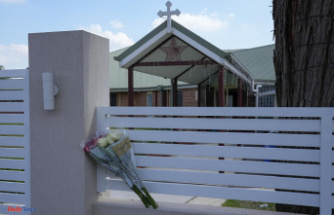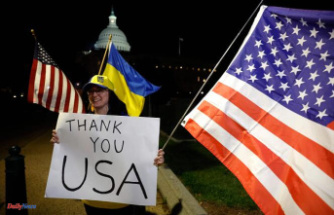Dresden (dpa/sn) - Increasing digitization increases the risk of data breaches. In her activity report for 2021, the Saxon data protection officer Juliane Hundert named 923 reported cases in Dresden on Tuesday, a new high - 45 percent more than in the previous year. Around a third of the reports are attributed to cybercrime. Frequently, however, it is only a question of incorrect dispatch, open e-mail distribution lists or the loss of data in the post. According to the data protection regulation, those responsible are obliged to report a breach of the protection of personal data to the supervisory authority quickly.
Numerous controls by data protection officers in 2021 were related to the corona pandemic. Among other things, it was about the obligation to test for those returning from vacation, the 3G regulation in the workplace or quarantine controls by police officers. Juliane Hundert appealed to companies and authorities to check their Corona databases and delete data that is no longer required. There is no longer any legal basis for contact tracing. With the exception of healthcare facilities, all access controls to the workplace have also been eliminated.
The activity report contains more than 200 pages of focal points of the supervision, statistics, information on the interpretation of the General Data Protection Regulation as well as sanctions and case law. The data protection officer received a total of 1,254 complaints and tips - about as many as in the previous year. Part of it affected the telemedia. "Operators of websites and apps should urgently check the use of cookies and other technologies. The often unlawful use of tracking and additional services reveals a lack of information among those responsible," said Hundert.
According to Hundert, some people give little thought to installing video cameras in their private homes. The informational right of self-determination of the observed persons is often violated. She reported on a case where a person filmed a sloping and slippery street from her apartment and streamed the images as an additional television program on a TV set. Private video surveillance takes up a lot of the agency's working time, said Hundert, and appealed to all citizens: "Take down your cameras and get along with your neighbors."












